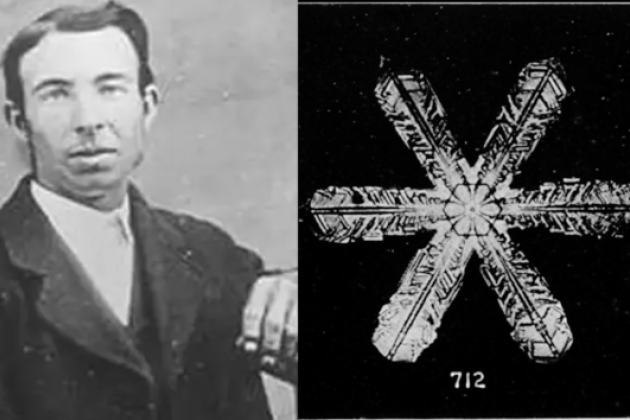PARTICIPANTS
Darrell Duffie, Adrien Auclert, Michael Boskin, John Cochrane, Sebastian Di Tella, Joe Grundfest, John Gunn, Laurie Hodrick, Nick Hope, Ken Judd, Patrick Kehoe, Arvind Krishnamurthy, Elena Pastorino, Greg Rosston, Amit Seru, John Shoven, John Taylor.
ISSUES DISCUSSED
Darrell Duffie, Dean Witter Distinguished Professor of Finance at the Stanford Graduate School of Business, and professor by courtesy at the Department of Economics, discussed his work on “Financial Regulatory Reform After the Crisis: An Assessment.”
Professor Duffie, outlined five core elements of post-crisis reform, and summarized progress and challenges on each dimension.
1) How to make financial institutions more resilient and less likely to fail. This can be thought of as steps–such as maintaining required equity capital ratio, leverage ratio and liquidity ratio–that institutions might undertake or be forced to undertake before they are hit with adverse shocks. It also includes thinking carefully about what activities institutions may or may not be allowed to undertake as has been discussed in the Volcker Rule in the US. Professor Duffie outlined substantial progress, especially in imposing higher capital requirements.
2) Ending “too-big-to-fail.” This can be thought of as taking steps–i.e., ending government guarantees, recapitalizations and bailouts to institutions, and instead formalizing the liquidation and bankruptcy process–to ensure that institutions are made accountable for their actions, after the consequences of such actions realized. Professor Duffie suggested that the resolution authorities and reliance on bankruptcy are still not well worked out.
3) Making derivative markets safer. Here the focus has been on minimizing counterparty and systemic risk by appropriately designing central clearing houses and repositories.
4) Transforming the shadow banking. Here the focus was on making money market funds safer by allowing for floating NAV funds, instead of only fixed NAV funds. The broader project remains in its beginning stages, literally defining “shadow banking.”
5) Improving the efficiency of trading. Professor Duffie pointed out how several regulatory responses in the first issues are reducing the efficiency of trading markets. There are some policy steps designed to remedy these issues.
During the general discussion, participants spent most of the time discussing the first element. Professor Duffie pointed out that the European regulators deserved credit for ensuring that the Core Equity Tier 1 capital ratio had risen uniformly across the financial sector. He pointed out, however, that imposing capital structure regulations had ended up changing the nature of market making. He argued that higher equity requirement combined with debt overhang induced by risky debt implied that there had been a wealth transfer from legacy shareholders to creditors. Thus, in an argument that is well known as “debt overhang”, shareholders would break even only if the new assets would generate substantial profit. He suggested that such change in activity by institutions is equivalent to dampened intermediation incentives, and would widen the “bid-ask” spreads in the repo market. There was much discussion of similar problems under the leverage rule. He concluded by providing evidence from quantity and prices in the US repo market that showed wider bid/ask spreads and lower volumes in these markets associated with the imposition of higher capital and leverage constraints.









